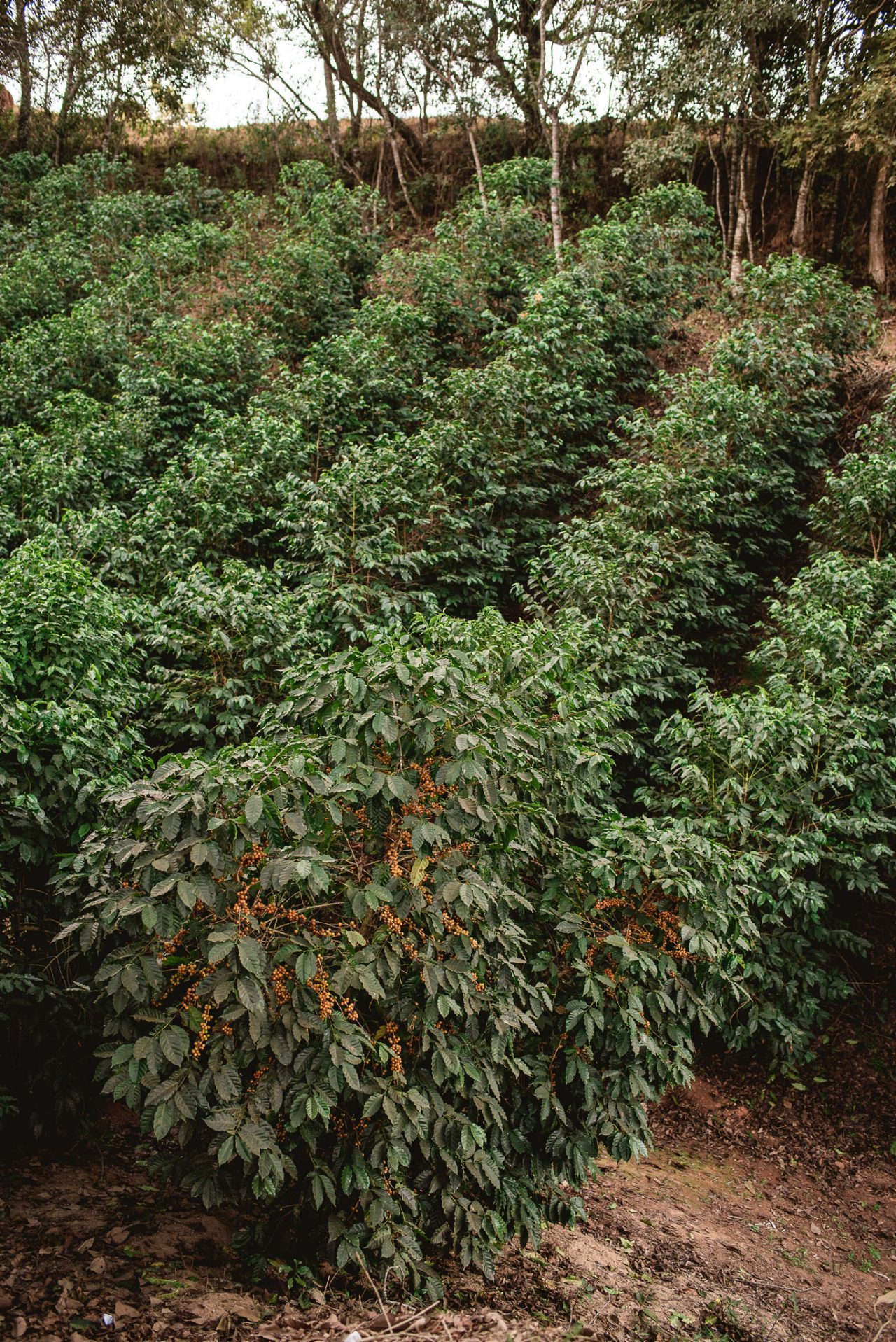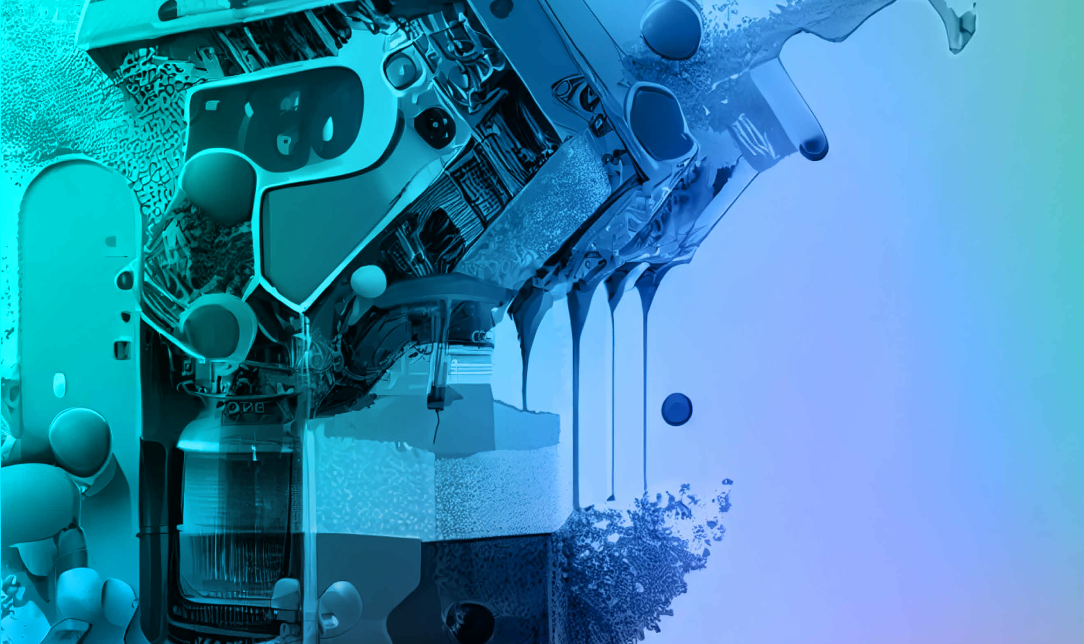Plastic of the future
Challenge.
Marine plastic and microplastics have far-reaching impacts on the environment and global ecosystems. The spread of plastic waste adversely affects both marine biodiversity and our food chain. We regard the need to develop effective collection, sorting and recycling systems as a global task – and we are working together with others to deliver solutions.
Strategy.
We are convinced that wide-scale implementation of the circular economy principle can reduce the environmental impact of plastics. We are therefore systematically adopting a circular economy approach for our plastic product ranges and packaging, and reorganizing the production and recycling of plastics. In so doing, we are applying the “ReDesign – ReCycle – ReUse – ReDuce” principle. We are constantly improving the environmental properties of plastics and developing ecologically sound alternatives that are easily recyclable or reusable. Last but not least, we are actively engaging with other market players, initiatives, and scientific institutions in order to develop overarching collection and recycling systems – as well as the corresponding markets for recyclates – as quickly and effectively as possible.
Target > 2025 > 2030.
Viewed holistically, plastics have a better ecological footprint for numerous applications than many other materials. Our ultimate goal is to offer only products that are made entirely from recycled or renewable raw materials in a climate- and resource-friendly way. They should be durable and 100% recyclable or, alternatively, be degradable in nature without causing pollution.
Impact.
We are thus contributing to the global development and improvement of waste management systems and promoting the sustainable production and recycling of plastics. Awareness and education are not just part of the solution, but also our mission. This is the only way to secure procurement and distribution markets and to protect and regenerate our habitat.



